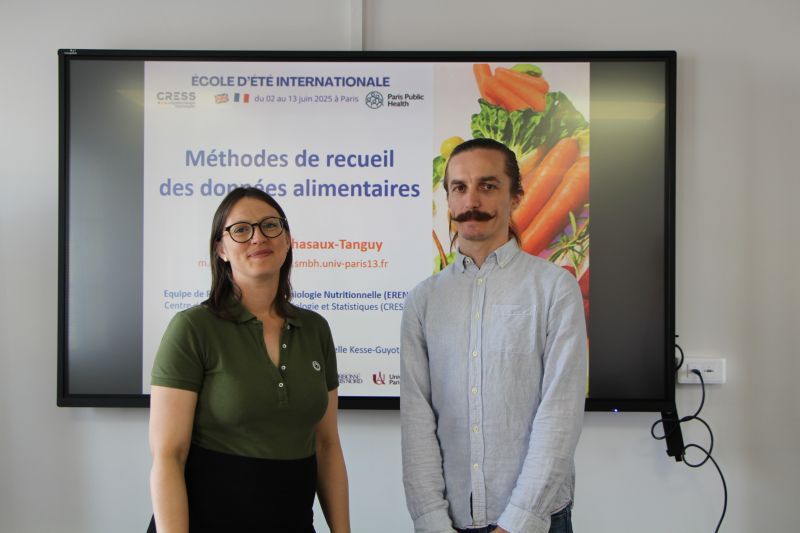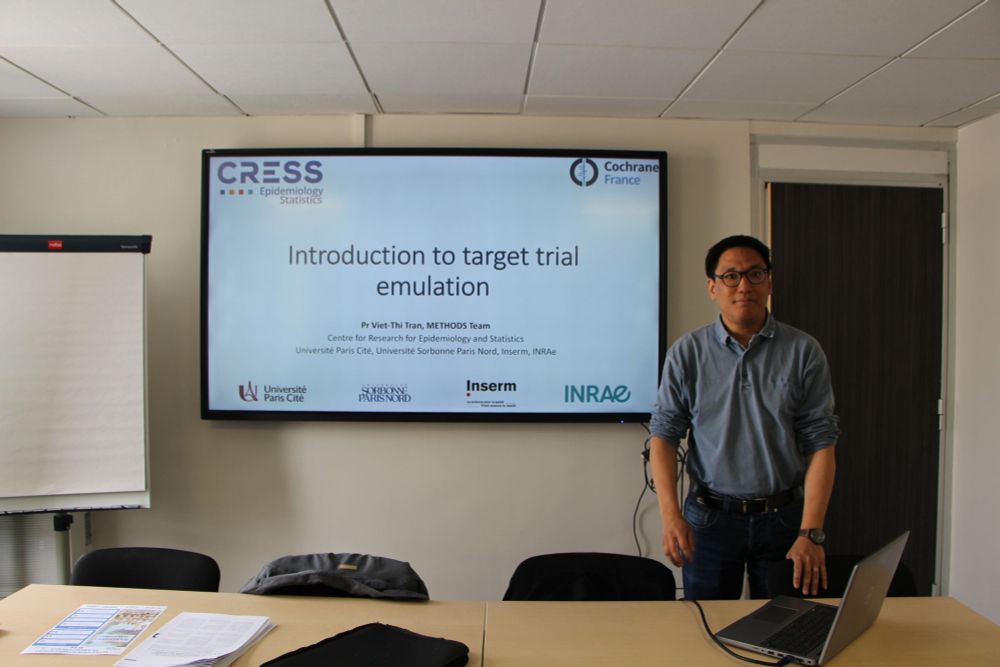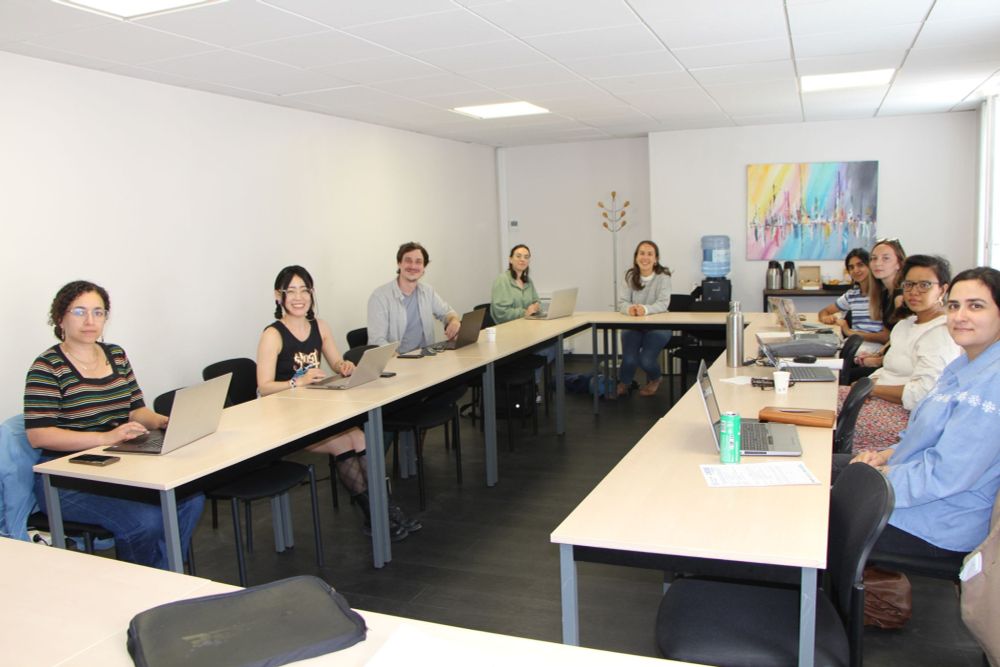
Director of the Centre for Research in Epidemiology and Statistics (CRESS)
Head of the METHODS team within the CRESS
Director of Cochrane France
www.nature.com/articles/d41...
#AI #metaresearch

www.nature.com/articles/d41...
#AI #metaresearch
#AI

#AI
peerreviewcongress.o...

peerreviewcongress.o...
1. Watermark (insert a random start string, fake citation, or technical term)
2. Hidden prompt (insert white-colored text, different language, font manipulation)
@cmu.edu

1. Watermark (insert a random start string, fake citation, or technical term)
2. Hidden prompt (insert white-colored text, different language, font manipulation)
@cmu.edu
peerreviewcongress.o...

peerreviewcongress.o...



@bengoldacre.bsky.social @ndevito1.bsky.social @bennettoxford.bsky.social
@ox.ac.uk @oxprimarycare.bsky.social
www.retracted.net/
cc: @retractionwatch.com

@bengoldacre.bsky.social @ndevito1.bsky.social @bennettoxford.bsky.social
@ox.ac.uk @oxprimarycare.bsky.social
www.retracted.net/
cc: @retractionwatch.com
@fauxsci.bsky.social @helenedraux.bsky.social @digital-science.com
(see also: doi.org/10.48550/arX...)


@fauxsci.bsky.social @helenedraux.bsky.social @digital-science.com
(see also: doi.org/10.48550/arX...)
@reeserichardson.bsky.social
Read the full report at journals.plos.org/pl...

@reeserichardson.bsky.social
Read the full report at journals.plos.org/pl...
@phillcardenuto.bsky.social @loyolachicago.bsky.social @unicampoficial.bsky.social


@phillcardenuto.bsky.social @loyolachicago.bsky.social @unicampoficial.bsky.social
from #UNSWSydney researchers
is a poster presentation all 3 PRC days
Register to stop by, ask questions, say hello!
Learn more and register at peerreviewcongress.org
@jama.com @bmj.com
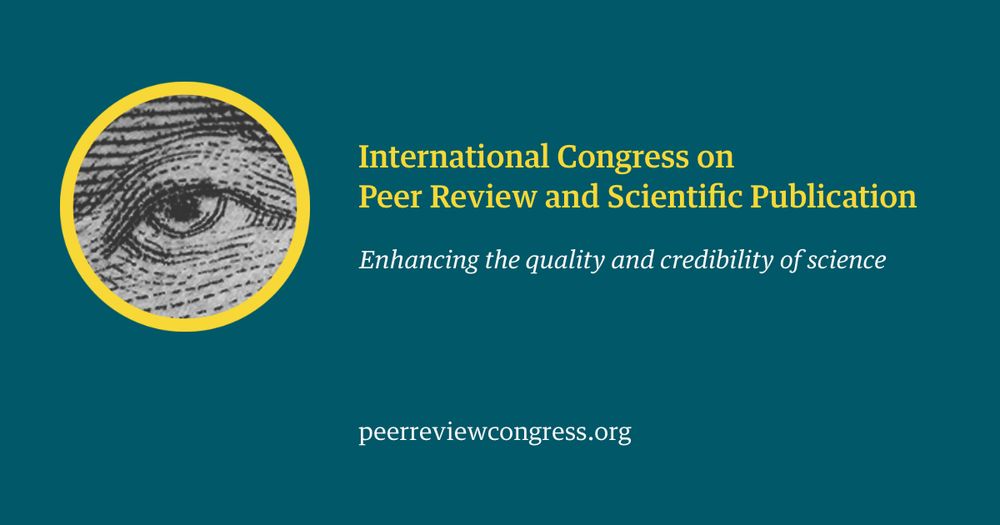
from #UNSWSydney researchers
is a poster presentation all 3 PRC days
Register to stop by, ask questions, say hello!
Learn more and register at peerreviewcongress.org
@jama.com @bmj.com
from EIC James Kigera and AAS colleagues
is a poster presentation all 3 days of the PRC
Register to stop by, ask questions, say hello!
Learn more at peerreviewcongress.org
#AfricanScience
@jama.com @bmj.com

from EIC James Kigera and AAS colleagues
is a poster presentation all 3 days of the PRC
Register to stop by, ask questions, say hello!
Learn more at peerreviewcongress.org
#AfricanScience
@jama.com @bmj.com
from @alundh.bsky.social @isabelleboutron.bsky.social
@cochranedkcebmo.bsky.social @upcite.bsky.social
is a PRC poster presentation
Register to stop by, ask the authors questions!
peerreviewcongress.org

from @alundh.bsky.social @isabelleboutron.bsky.social
@cochranedkcebmo.bsky.social @upcite.bsky.social
is a PRC poster presentation
Register to stop by, ask the authors questions!
peerreviewcongress.org

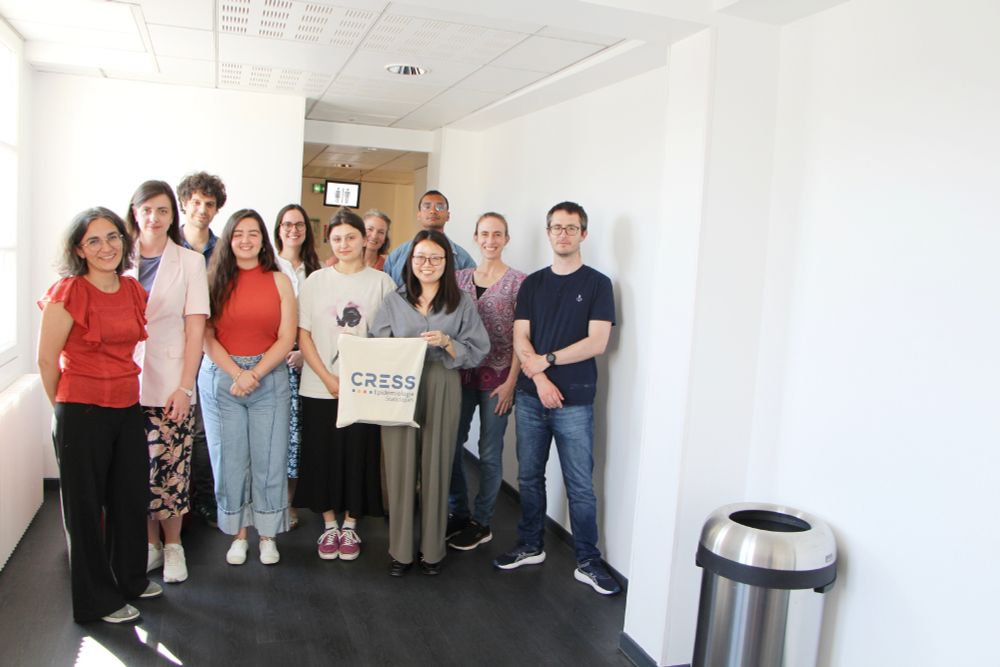
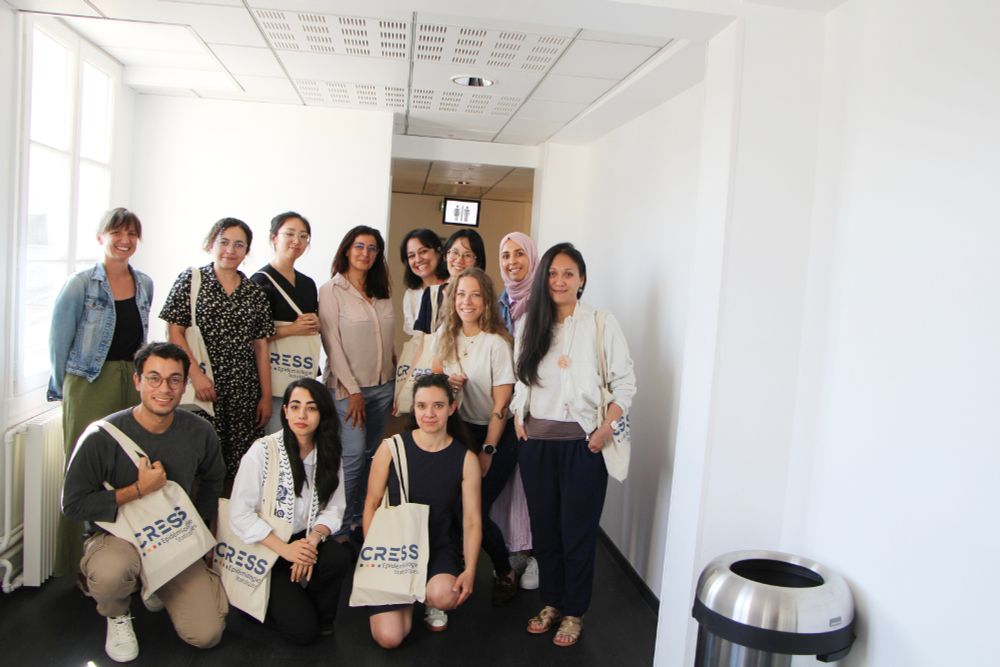
@rohitarorayyc.bsky.social
@paullusla.bsky.social
@jzsang.bsky.social
for working tirelessly to make this dream happen <3
And our advisors:
@isabelleboutron.bsky.social
David Moher
@geochurch.bsky.social
@nikbobrovitz.bsky.social
@rohitarorayyc.bsky.social
@paullusla.bsky.social
@jzsang.bsky.social
for working tirelessly to make this dream happen <3
And our advisors:
@isabelleboutron.bsky.social
David Moher
@geochurch.bsky.social
@nikbobrovitz.bsky.social
The international summer school of the @cressumr1153.bsky.social in the centre of Paris
Une journée animée autour d'ateliers pratiques et échanges pluridisciplinaires sur les grands enjeux de santé publique. @inserm.fr @upcite.bsky.social @univ-spn.bsky.social
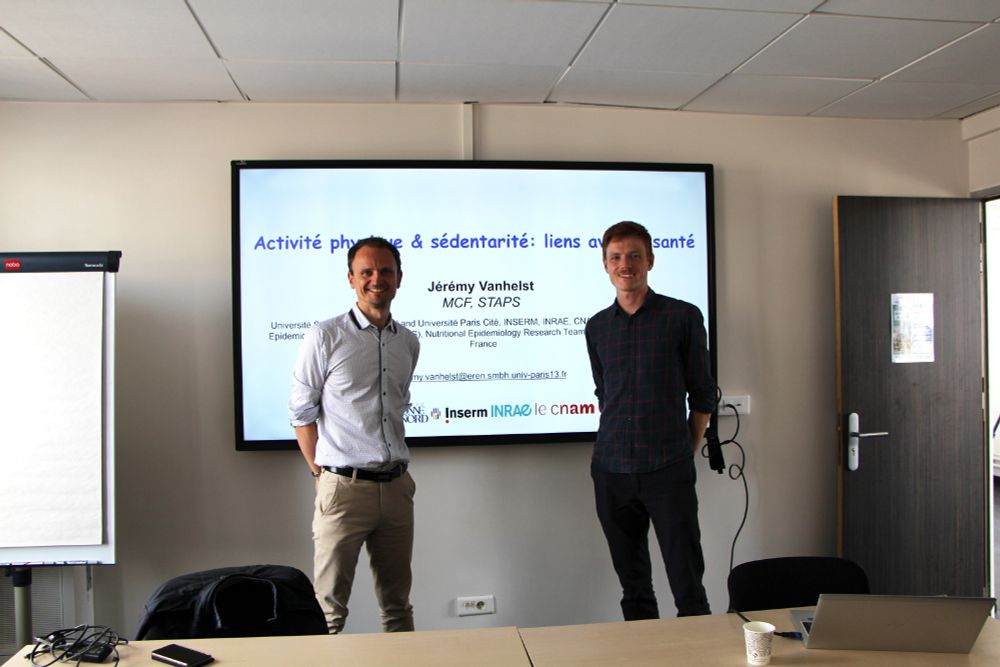
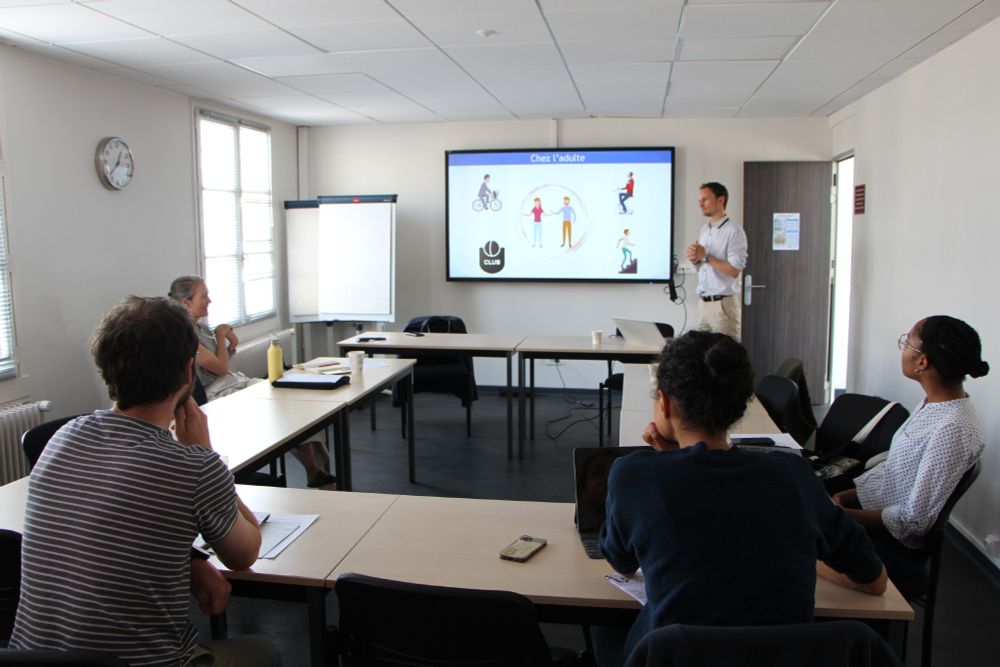
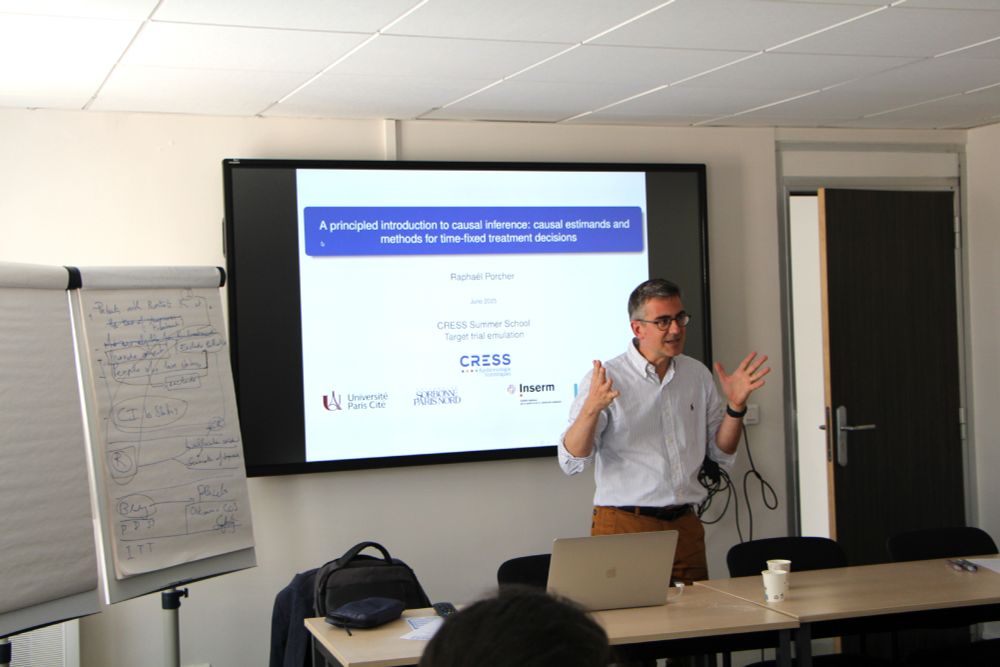
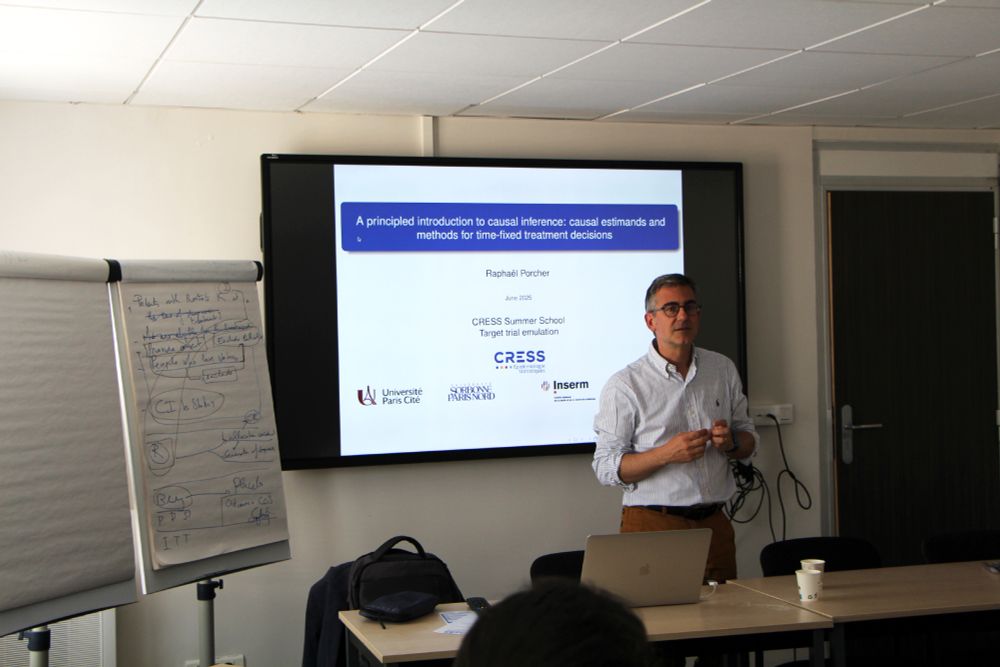
The international summer school of the @cressumr1153.bsky.social in the centre of Paris
Une journée animée autour d'ateliers pratiques et échanges pluridisciplinaires sur les grands enjeux de santé publique. @inserm.fr @upcite.bsky.social @univ-spn.bsky.social




Une journée animée autour d'ateliers pratiques et échanges pluridisciplinaires sur les grands enjeux de santé publique. @inserm.fr @upcite.bsky.social @univ-spn.bsky.social
cress-umr1153.fr/en/rethinkin...
@inserm.fr
@upcite.bsky.social
@univ-spn.bsky.social
@inrae-france.bsky.social
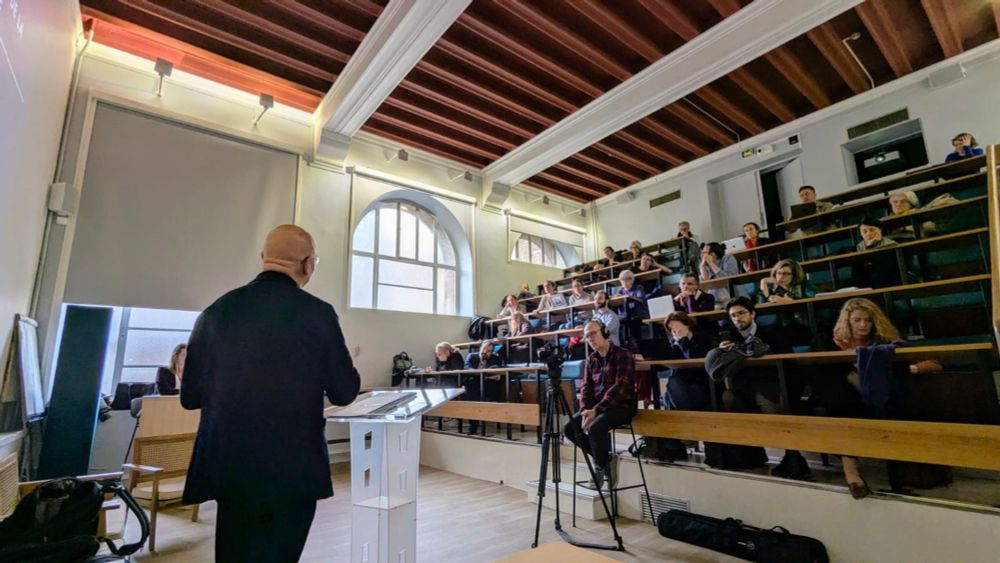
cress-umr1153.fr/en/rethinkin...
@inserm.fr
@upcite.bsky.social
@univ-spn.bsky.social
@inrae-france.bsky.social
